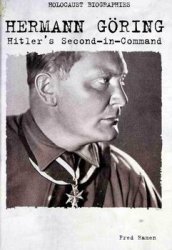One might as well legalise sodomy as recognize the Bolsheviks.
1919, 24 January, Paris. (Gilbert, Life, 408.)
Churchill had a disagreement with Lloyd George, who had suggested inviting the Bolshevik leaders to confer with the victorious Allies at Prinkipo, Turkey.
[The White Russians] are now engaged in fighting against the foul baboonery of Bolshevism.
1919, 19 February. Mansion House, London.
(OB IV, 257.)
After having defeated all the tigers and lions I don’t like to be beaten by baboons.
1919, 8 April, Paris. (OB, CV4/1, 609.)
The inherent vice of Bolshevism appears to rot simultaneously, every part of the social structure of Russia, including even the military tyranny on which alone the Soviet power now depends.
1919, 29 May.
Since the Armistice my policy would have been “Peace with the German people, war on the Bolshevik tyranny.” Willingly or unavoidably, you have followed something very near the reverse.
1920, 24 March. (Crisis IV, 377.) Churchill to Prime Minister Lloyd George.
Were they [Britain, France and America] at war with Soviet Russia? Certainly not; but they shot Soviet Russians at sight. They stood as invaders on Russian soil. They armed the enemies of the Soviet Government. _ But war—shocking! Interference—shame! It was, they repeated, a matter of indifference to them how Russians settled their own internal affairs. They were impartial—Bang!
1929. (Crisis IV, 235.)
Britain, France and the United States intervened unsuccessfully on the side of the White Russians and against the Bolsheviks during the Russian Civil War, 1920-22. Churchill supported the effort, while ridiculing the Allies’ attempt at "plausible deniability”.
They also proposed to send a detachment of the Young Men’s Christian Association to offer moral guidance to the Russian people.
1929. (Crisis IV, 95.)
Churchill was ridiculing the token American commitment to the White Russians fighting Lenin.




 World History
World History









